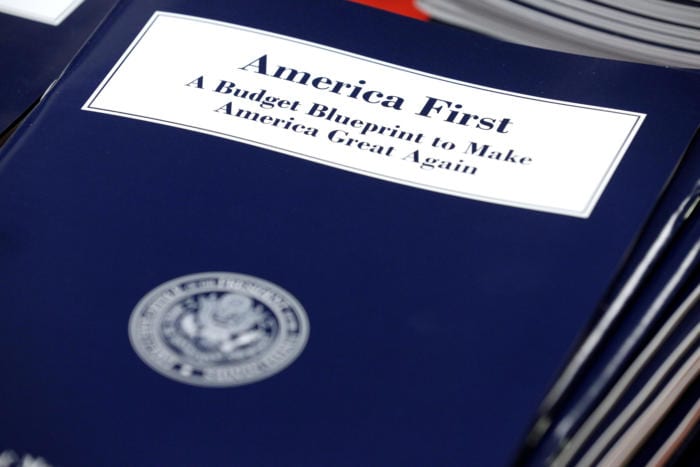By: Aaron Mehta, DefenseNews
Tuesday’s midterm elections may have flipped the House to the Democrats and increased Republican control of the Senate, but the outcome’s impact on a potential budget deal to avoid the return of sequestration will likely be limited, analysts predict.
Byron Callan, an analyst with Capital Alpha Partners, wrote in a note to investors that the split Congress “suggests a protracted battle will be waged over the FY20 DoD budget,” although he calls it “improbable” that Congress will not find a compromise solution to avoid the return of sequestration come Jan. 2020.
Analyst Roman Schweizer of Cowen says the results do nothing to shake his belief that “another two-year spending deal is likely and that it will not be a deficit-minded exercise in fiscal restraint.”
“We do not expect defense spending to experience the rate of growth it did in FY18-19 nor do we believe it will decline substantially,” Schweizer wrote in an investor note. “Democrats will want to spend more, GOP defense hawks will want to spend more and fiscal conservatives will be in a deep minority.
“Ultimately, we hope budget negotiations can begin quickly (hopefully before year-end) and can be settled to allow for something of a ‘normal’ budget cycle,” he added. “Of course, worst case would mean gridlock and a Continuing Resolution to start FY20.”
Callan also predicted that the FY20 budget submission from the Pentagon — now expected to be at $700 billion following an unexpected, last minute cut from the White House — will have flat investment funds.
Defense stocks for the big American primes dropped following the opening bell Wednesday, but rallied by lunchtime and were tracking upwards by publication, perhaps as a sign of confidence.
However, the specter of partisan gridlock now looms over the Hill, with the White House and congressional republicans already bracing for a slew of investigations from democrats into President Donald Trump.
Trump himself laid that out in a press conference Wednesday, saying that if Democrats in the House move to investigate him, he would call on the Senate to counter-investigate members of the House, effectively tying the Congress in even worse knots than has been seen in the last few years and raising the fear of a government shutdown at some point.
Those looking for changes to overall defense spending should turn their eyes to the House, where some tinkering around the edges of the budget appears likely.
Callan did note that there may be risk to nuclear and strategic programs under a House Armed Services Committee led by Rep. Adam Smith of Washington; Smith has been an outspoken critic of plans to build two new nuclear systems, as well as Obama-era plans to develop a new air-launched nuclear cruise missile for the Air Force.
And Schweizer predicts tough questioning at the HASC to big force structure increases, such as the Navy’s 355 ship goal.
In addition, a more liberal HASC membership may push harder on curtailing weapon sales to Saudi Arabia, which could have an impact on missile manufacturers such as Lockheed and Raytheon.



















